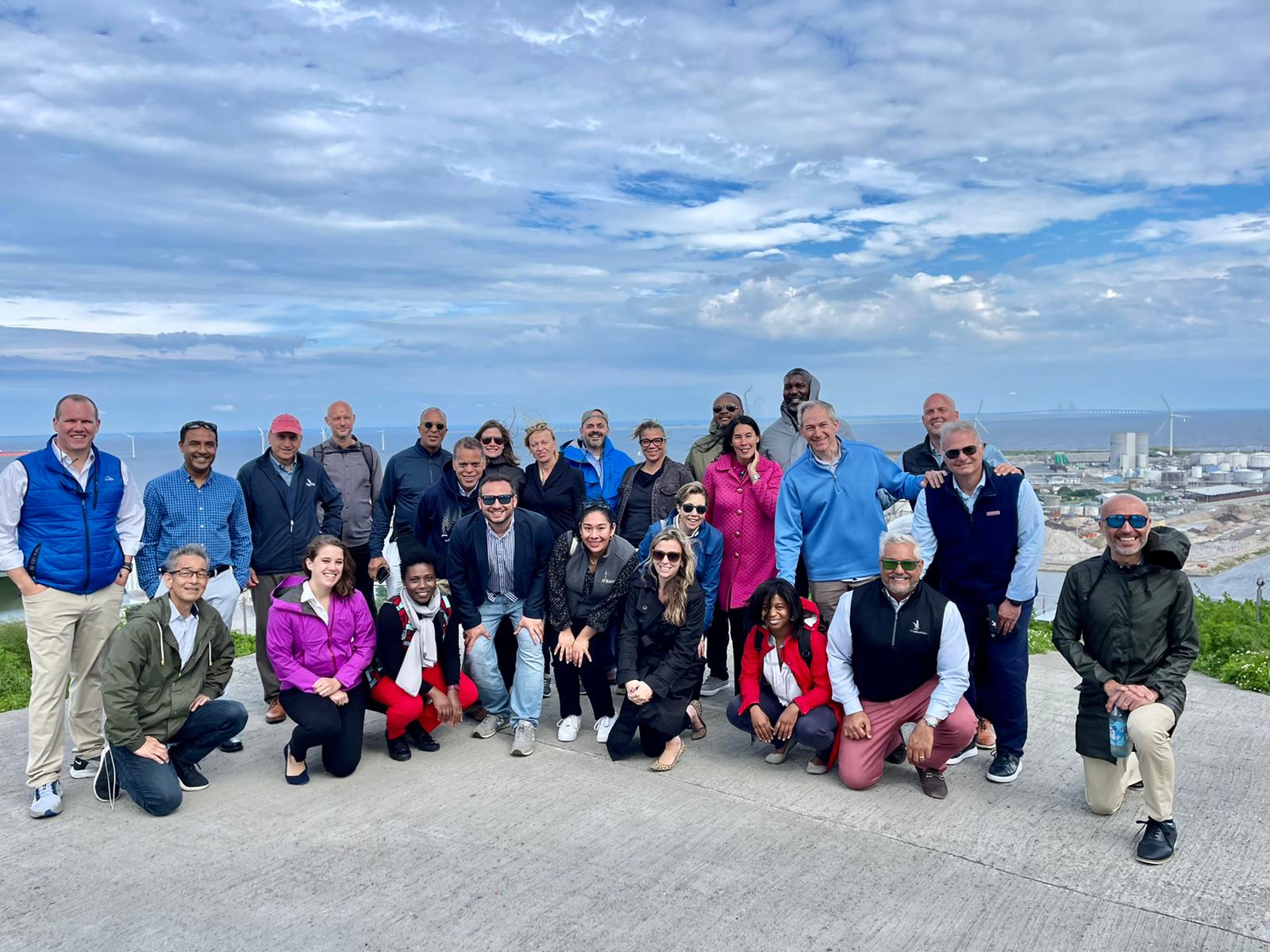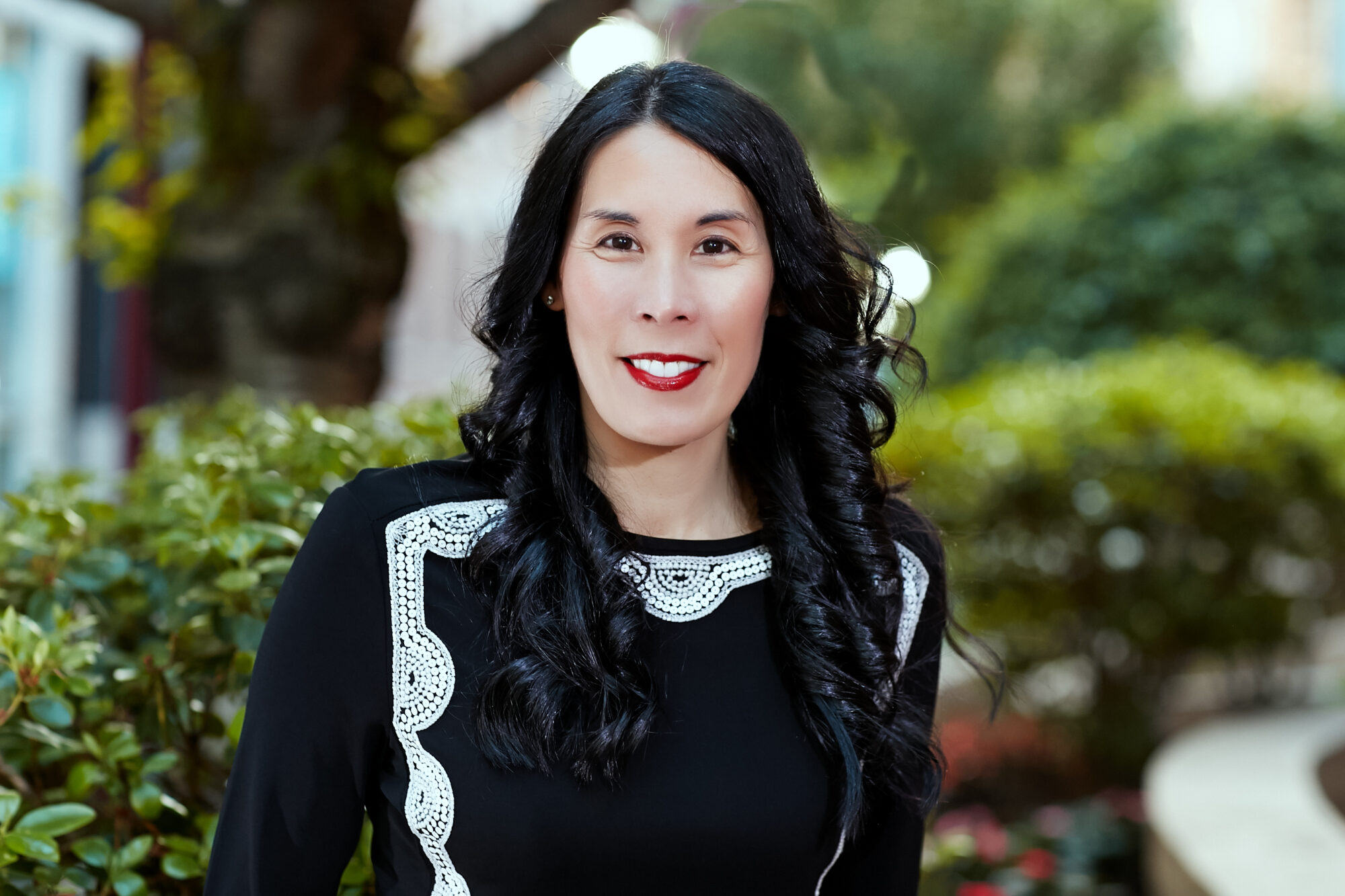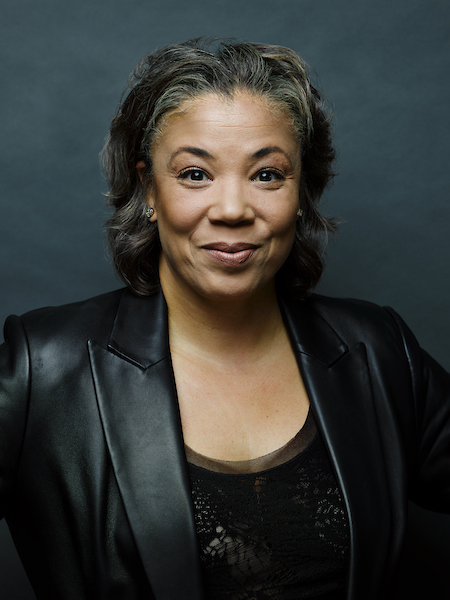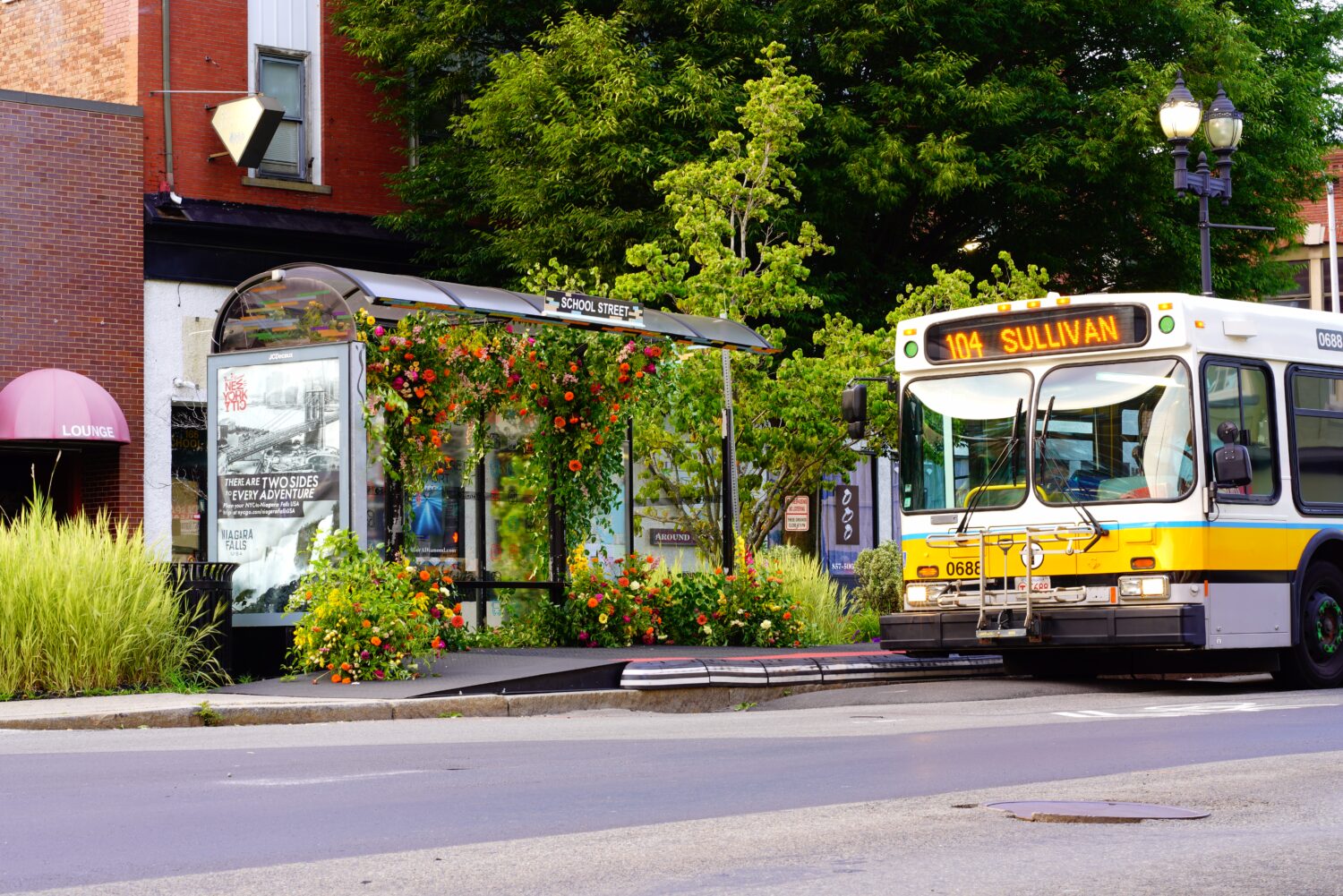In July, President Biden arrived in Somerset to tour the former Brayton Point power plant and bring attention to our state’s emerging wind energy sector. President Biden’s visit underscores the critical role Massachusetts will play in this industry for decades to come.
As our state ramps up to harness the highest offshore wind capacity in the contiguous U.S., and takes advantage of the White House’s recently-announced Federal-State Offshore Wind Partnership, we must ensure that Massachusetts develops a diverse, equitable, and inclusive offshore wind industry.
As leaders of two organizations that fund and support Black, Latino, Indigenous, and other communities abandoned by our current economic system—New Commonwealth Racial Equity and Social Justice Fund (NCF) and the Boston Impact Initiative Fund (BII) — we are uniquely aware of the necessity to implement structural changes and develop solutions that address systemic disparities that harm Black and Brown communities.
That is why, we applaud the State Legislature in their incorporation of inclusive language into its clean energy legislative package (H.4544 and S.2842). The bills passed include a clean energy equity workforce program that will provide educational and professional development, workforce diversity requirements, jobs for Black and Brown communities in the clean energy industry, start-up opportunities, and grants to certified minority-owned businesses and women-owned businesses.
There’s no denying the reality that clean energy opportunities – including those directly resulting from this legislation – can be a gamechanger for closing the racial wealth gap in Massachusetts. Workers and companies engaged in offshore wind in its early stages – including at the Vineyard Wind project, America’s first commercial-scale offshore wind farm – will be getting in at the ground floor of what could turn into a $100 billion industry and power thousands of jobs. By 2050, offshore wind will become our state’s dominant source of clean energy.
It is imperative that as we develop offshore wind, Massachusetts designs policies and processes — from training programs to turbine supply chains — with racial justice in mind.
We recently joined a group of Massachusetts business leaders on a week-long trip to Denmark to gain insight into the nation’s green economy. We learned how the small Nordic country — with a population around the same size as that of Massachusetts — built a stable, climate-friendly energy economy. Today, 40% of Danish energy comes from wind. The country has created more than 75,000 green jobs and is on pace to meet its net zero climate goals before 2050. A remarkable 80% of Denmark’s wind turbines are owned by individuals or cooperatives as opposed to commercially.
Massachusetts can learn three lessons from Middlegrunden and Denmark’s communal ownership structures and workforce development programs. First, the equity of outcomes depends on the equity of the processes that generate them. When developers impose a vision for a project from the top down, they generate top-down gains. When community members are able to articulate their insights, have a say in the solutions, and share in the eventual profits, everyone benefits from the long-term wealth generated by renewable energy infrastructure.
Second, communal ownership requires political support — it isn’t spontaneous. In Denmark, there are tax incentives to buy into cooperative wind farms to jolt individual investment. A 2011 law requires new wind farms to have at least 20% community ownership, so that no project can proceed without public participation. As we develop our own offshore wind industry, Massachusetts should adopt similar incentives and requirements for community ownership and voice, with an intentional focus on ensuring the participation of Black, Brown and Indigenous communities.
Third, our commitment to community benefits must also extend to workforce development. Massachusetts must also cultivate diverse, statewide, human infrastructure. Offshore wind development requires 119 distinct occupations. Vineyard Wind alone will create 3,600 well-paying union jobs.
Thankfully, Massachusetts has an advanced vocational technical high school system. Our state universities are a leading pipeline of engineers and professionals into offshore wind. But we need to expand and increase investments in these programs, and prioritize the recruitment of people of color, women, and those in low-income communities throughout the Commonwealth for new jobs.
![[CL] ABL Denmark Trip Collage Photo](https://barrfdn-prod.s3.amazonaws.com/image/4178/x_large.png?1661774056)
Danish public and private sector leaders also stressed to us the role of long-term policymaking built on political consensus in facilitating their renewable energy revolution. While our climate and energy policies remain splintered along partisan lines, the Biden-Harris Administration is a potent partner for offshore wind development, and we should take full advantage of their commitments to forwarding the industry.
And no matter what happens federally, Massachusetts can continue to drive climate leadership from within by championing pro-climate policymakers and legislation, while also working with neighboring states.
As Massachusetts accelerates its offshore wind development, we must work collaboratively to use our resources, connections, and expertise to bring forward an equitably developed and distributed clean energy economy. This includes creating meaningful incentives and regulations to make community ownership accessible, participation and recruitment of diverse communities, support of minority owned start-ups and innovators, and accountability for developers to see these through.
Betty Francisco is CEO at Boston Impact Initiative. Makeeba McCreary is President of New Commonwealth Racial Equity and Social Justice Fund. This blog post was originally published as an op-ed on July 28, 2022 by Boston Business Journal under the title: “Viewpoint: Looking to Denmark as a model for an equitable clean energy sector”
This article is available in Spanish in partnership with El Planeta Media. Este informe estå disponible en español, traducido por El Planeta Media.





